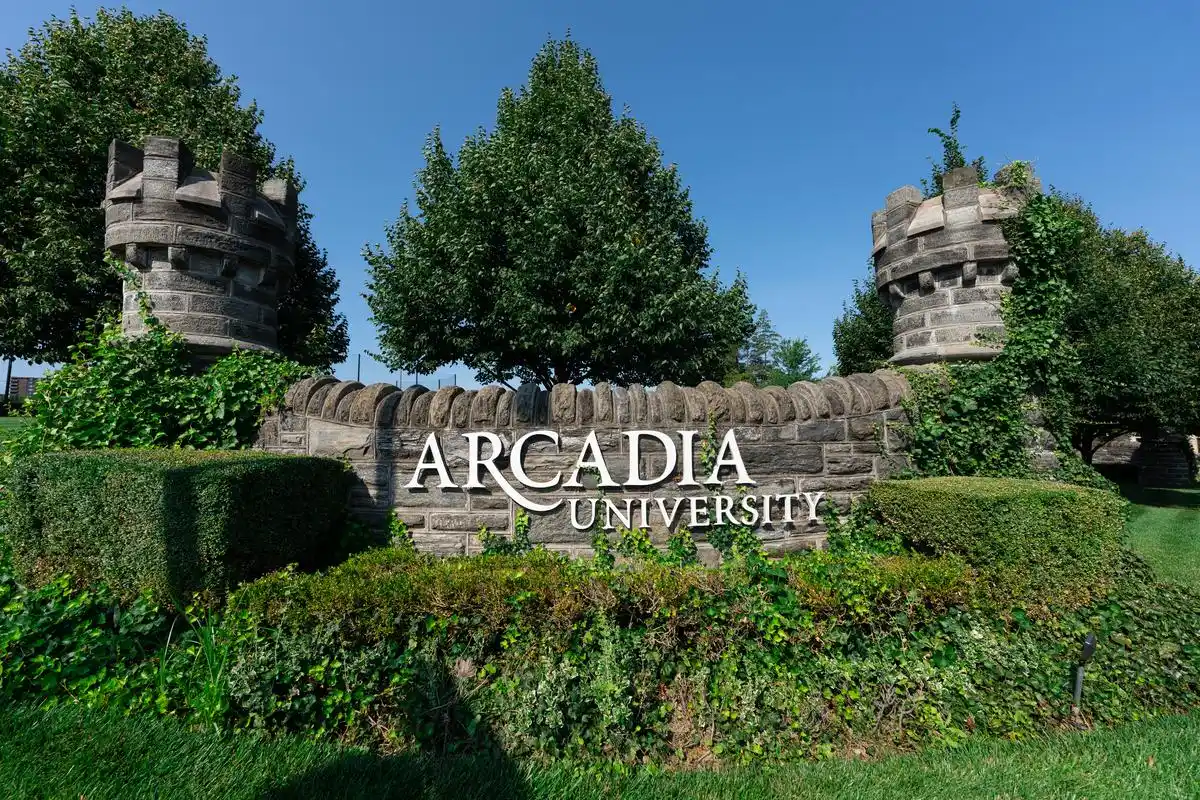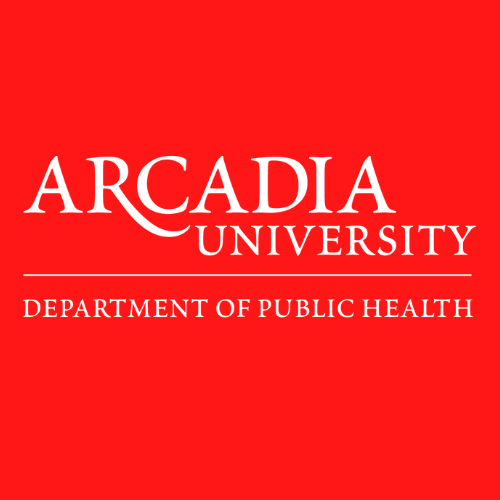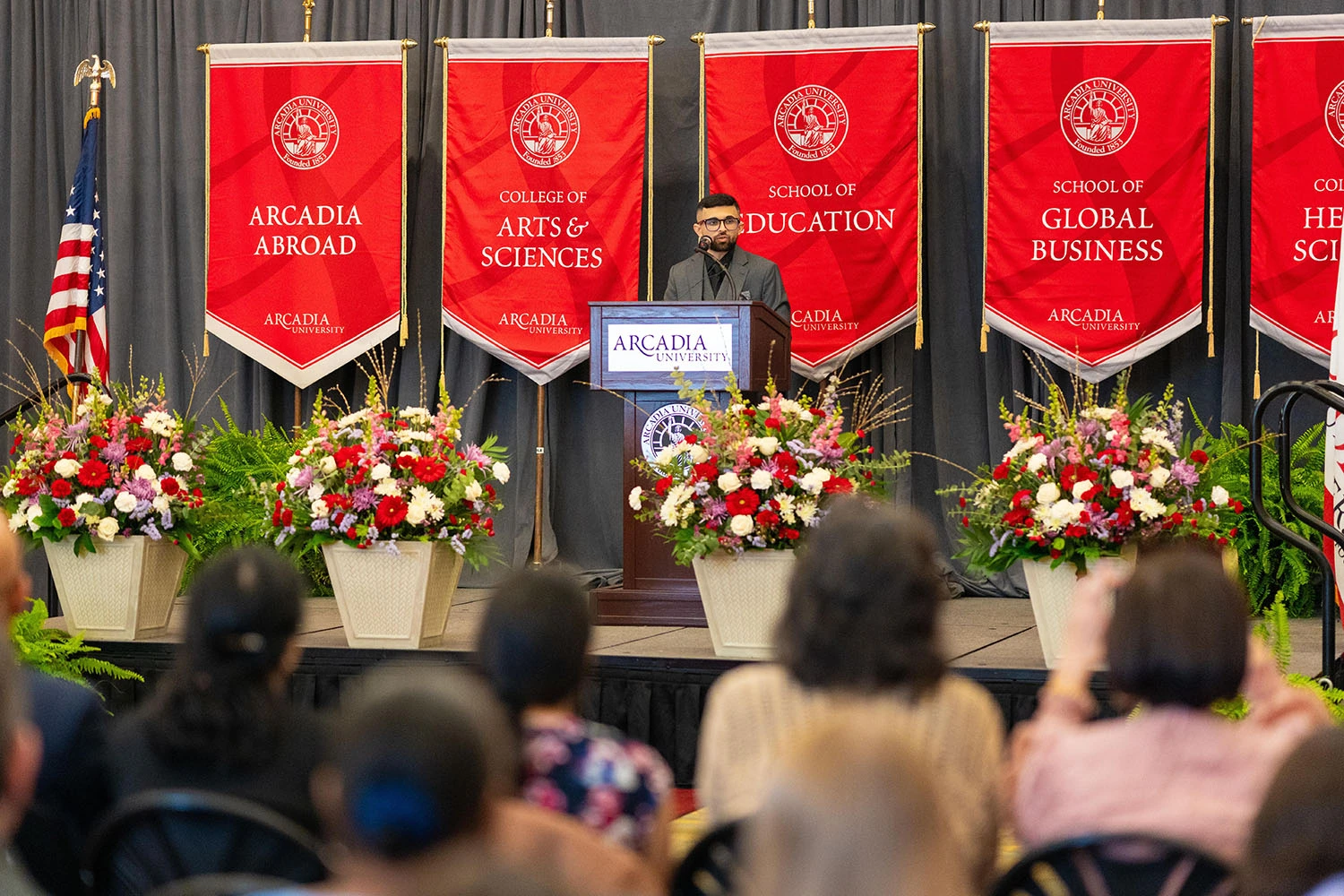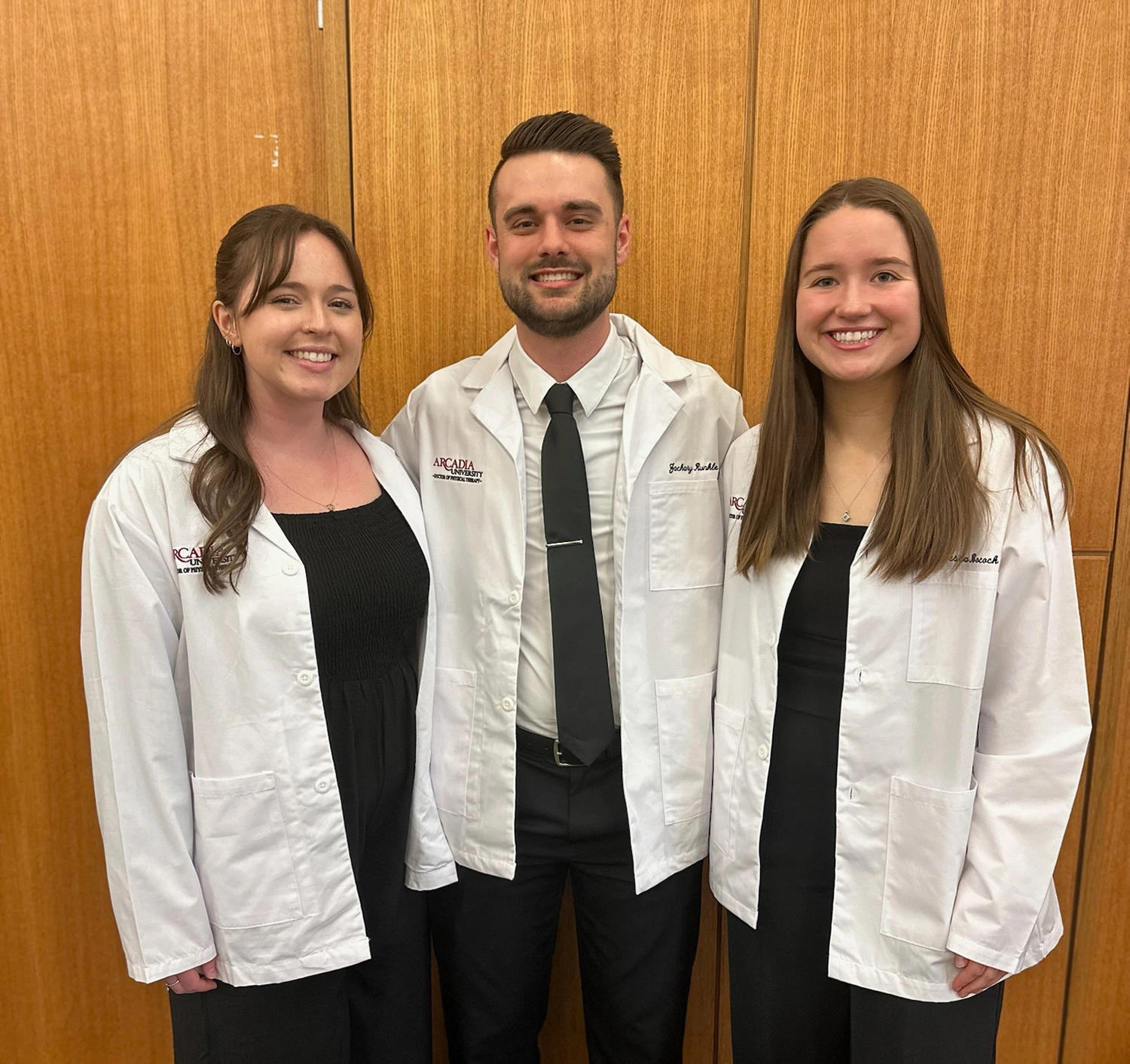Health research and scholarly innovation is broad and inclusive. Research and scholarly innovation refers to all forms of research, such as clinical, applied, translational, and community-engaged, as well as clinical and public health practice, educational materials, pedagogy, and program development, implementation, and evaluation. Collectively, our faculty members and students in the College of Health Sciences seek to improve the health, functioning, and well-being of individuals, communities, and populations. We lead and work collaboratively on projects within departments, across the College and University, and with external partners from academia, nonprofits, and industry.
CHS Departments’ Research and Scholarly Innovation
CHS Research and Scholarly Innovation Collaboratives
Collaboratives are ways faculty and staff within the College and University can collaborate organically to study and address specific health topics, issues, or needs through research or scholarly innovation. There are also opportunities for intersectionality depending upon projects.
Translational Clinical Science
Translational science refers to the implementation and dissemination of practice, programs, and interventions more broadly into practice and communities. This work involves modification and evaluated processes to ensure implementation and effectiveness in varied contexts, settings, or among varied populations.
Family and Community Health
Family and community health refers to the health of individuals and implications of interpersonal and external environment on health capacity. This refers to understanding, enhancing or modifying the relationships in family and the systems that surround an individual and their health.
Health Equity
This collaborative involves scholars interested in developing and implementing research and scholarly activities related to achieving health equity broadly and within respective disciplines, including addressing policies, programs, and practices that marginalize individuals and populations.
Health Promotion
The focus of this collaborative is on research and scholarly activities that seek to prevent chronic or communicable disease and/or promote socio-emotional well-being among persons who may or may not be experiencing illness, disability, or disease.
Global Health
This global health collaborative allows persons interested in advancing understanding and outcomes in the global health context to team together for projects. Global can refer to local initiatives as well as international.
Healthcare and Public Health Policy
This healthcare and public health policy collaborative involves work seeking to advance healthcare and long-term care practice and policies to enable the health of persons and populations, while also understanding the broader public health policy landscape. A current example among faculty involves understanding Social Determinants of Health in the delivery of physical therapy.
Sport Science
Sport science refers to the prevention and management of sport-related injuries, including physiology, psychology, biomechanics, nutrition, and the social and ethical role of sport and exercise in society.
External Collaborators are essential to connecting our faculty scholars and students to the community for meaningful collaborations and improvement in the lives of others. Current external collaborators include local and regional systems and nonprofits.
Student-Engaged Research
Across the CHS, our students are engaged in innovative projects led by the students through applied coursework or through collaboration with a faculty member’s research or programming.
Faculty Publication Highlights Involving Students
Recent student-engaged publications include the following:
- HPV vaccine hesitancy among parents and caregivers of adolescents in Northern Nigeria
- Social determinants of health and hypertension screening among women in The Gambia: an evaluation of 2019-2020 demographic and health survey data
- Use of Community Health Workers Among U.S. Male Latino Population: A Scoping Review
- Doula Services and Birth Outcomes: A Scoping ReviewNon-pharmacological interventions in dementia and diversity of samples: A scoping review
- Non-pharmacological interventions in dementia and diversity of samples: A scoping review
Faculty and Student Resources
Sponsored Research and Programs
View Sponsored Research and Programs
CHS GRANT Group
The Growing Research and Networking Together (GRANT) group allows faculty members in the College and beyond if interested to share their work related to research and scholarly innovation with a specific interest in seeking grant funding over time.
Institutional Review Board
View Institutional Review Board
CHS Biostatistical Core
This core is for CHS faculty members to support research design and biostatistical plans for grants or manuscripts.
CHS in the News
 Arcadia’s Physical Therapy Program Again Ranked #1 in Philadelphia Region by U.S. News & World Report
Arcadia’s Physical Therapy Program Again Ranked #1 in Philadelphia Region by U.S. News & World Report





